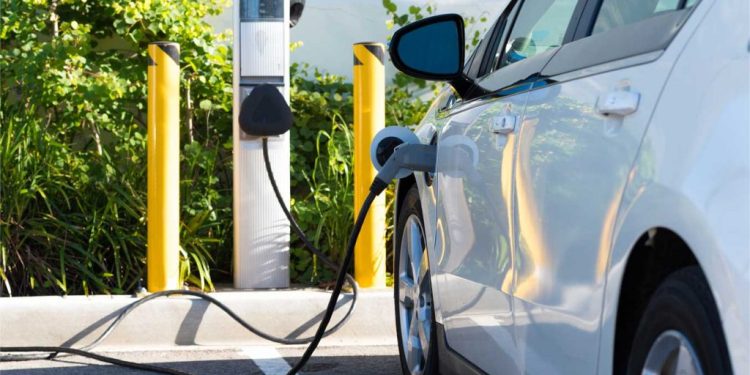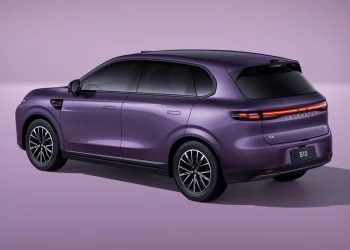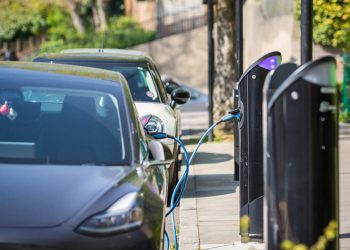Cost Savings Drive EV Adoption More Than Climate Goals, Survey Reveals
While electric vehicles (EVs) are often touted as eco-friendly alternatives, a new survey by European energy giant E.ON shows that most buyers are more focused on cutting costs than saving the planet.
Out of 1,000 drivers polled, 59% cited lower energy expenses as their primary reason for switching to an EV, surpassing the 53% who said they were motivated by environmental concerns. The findings highlight how economic incentives now outweigh climate ideals in the EV market.
Additionally, 43% of respondents mentioned the appeal of reduced maintenance costs, lower taxes, and cheaper parking as factors in their decision to go electric.
Range Anxiety Fades After Purchase
Before buying an EV, many respondents feared that battery range would be insufficient — a common concern known as “range anxiety.” However, the survey found that these worries disappeared once drivers actually owned and drove an electric vehicle, suggesting that real-world use helps dispel lingering doubts.
“Uncertainties and reservations about electromobility are often felt by those who have not yet had the opportunity to test an e-car for themselves,” said Jens Michael Peters, head of energy solutions and e-mobility at E.ON Germany.
Families Lead the Solar-EV Shift
Families are playing a particularly important role in the EV transition. The survey revealed that 82% of EV-owning families with children already use solar photovoltaic (PV) systems at home. An additional 9% plan to install solar in the next three years. Among families, 64% said cost savings were the top reason for buying an EV, a higher proportion than the general population.
This synergy between home solar systems and electric vehicles is creating a self-sustaining energy loop, with families able to charge EVs using clean, low-cost solar power — further enhancing the economic appeal.
Germany’s EV Market Still Lags Behind Targets
Despite rising EV interest, Germany’s electric vehicle market remains sluggish. In 2024, sales of new battery electric vehicles (BEVs) dropped by 27%, making it unlikely the country will hit its target of 15 million EVs by 2030.
Amid mounting pressure, Germany’s car industry is urging the EU to reconsider its 2035 ban on new combustion engine sales. But with consumer trust in EVs growing and cost-conscious families leading adoption, the long-term trend still leans electric.
As Peters concludes, “The high registration figures for e-cars in the first half of 2025 and our surveys demonstrate that e-mobility is gaining trust and becoming the new norm.”https://www.youtube.com/watch?v=kwDOpEUXRI0











